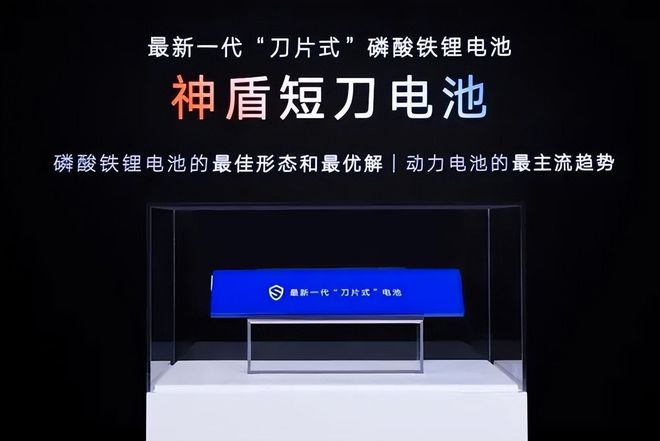News
Resistant to Gunshots, a Lifespan of One Million Kilometers! Is This the Final Straw That Will Crush Fuel Vehicles?
Recently, Geely Automobile has launched a new type of battery called the “Shield Shortblade Battery,” which has garnered significant attention in the new energy vehicle sector. The main features of this battery include the following:

Super Long Life: The Shield Shortblade Battery has a lifecycle of 3500 charge-discharge cycles. Calculating based on a range of 400 kilometers per cycle, the total driving distance of the battery can exceed one million kilometers. Even after 1500 charge-discharge cycles, the battery capacity can still be maintained at over 92%, and after 2500 cycles, the capacity can remain above 87%.
High Safety: This battery has passed extreme tests including gunshot experiments (using 5.8mm automatic rifle bullets, the battery did not explode or catch fire), needle piercing tests (after being pierced by 8 steel needles with a diameter of 5mm and left for 1 hour, the cell did not explode or smoke), fire tests, and seawater immersion tests, demonstrating its high safety performance.Fast Charging: The charging speed of the Shield Shortblade Battery has been significantly improved. It takes only about 17 minutes to charge from 10% to 80%, which is almost as fast as the refueling speed of traditional fuel vehicles.
High Energy Density: The energy density of this battery reaches 192Wh/kg, which is higher than BYD’s Blade Battery, meaning it can store more electrical energy at the same weight, thus extending the driving range of new energy vehicles.
Low Temperature Performance: At a temperature of minus 30 degrees Celsius, the Shield Shortblade Battery can maintain a capacity of 90.54%, making it suitable for use in cold northern regions.
The launch of this battery is seen as a significant breakthrough in the new energy vehicle field and may pose a challenge to the market position of fuel vehicles. It not only solves the lifespan issue of power batteries but also improves charging speed and safety, which are the top concerns for consumers when considering purchasing new energy vehicles. If these techno
CATEGORIES
LATEST NEWS
CONTACT US
Name: Ms Tina
Mobile:+8613884463677
Tel:+8613884463677
Whatsapp:+8613738490136
Email:[email protected]
Add:Room2104-3, Block A, Ningbo Chamber Of Commerce Building, 558 Tiantong South Road, Shounan Street, Ningbo, Zhejiang, China
